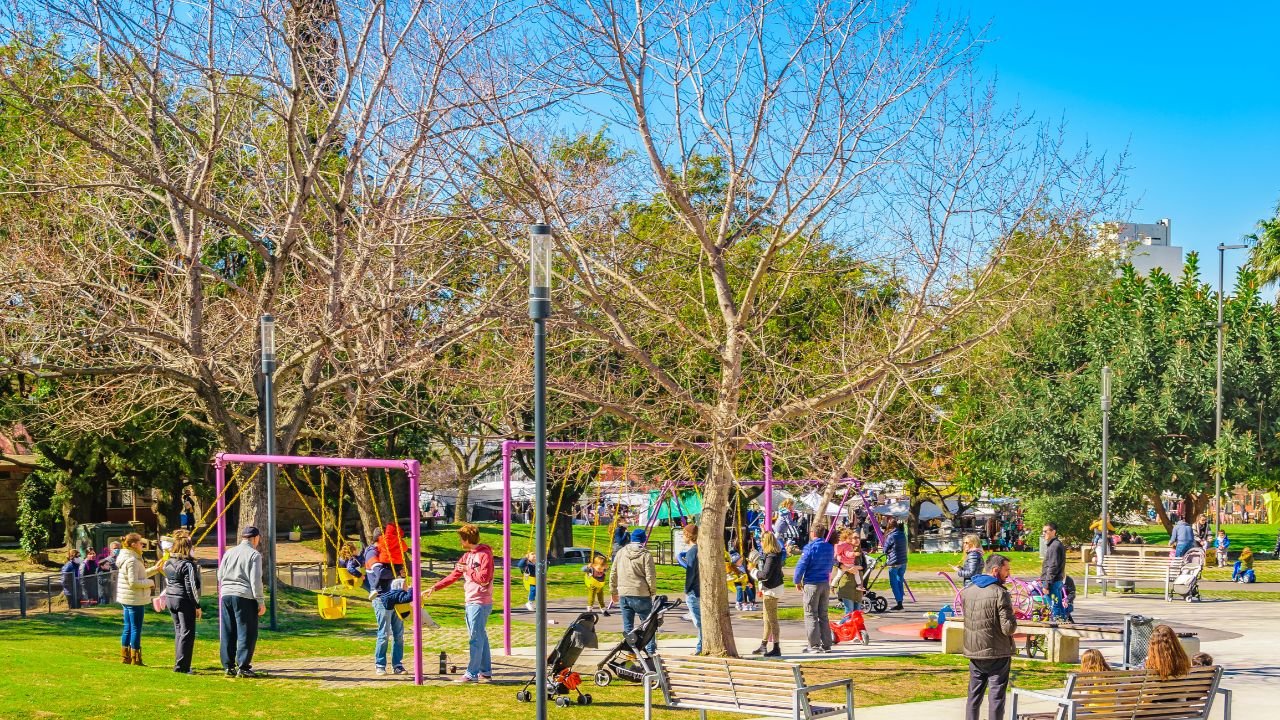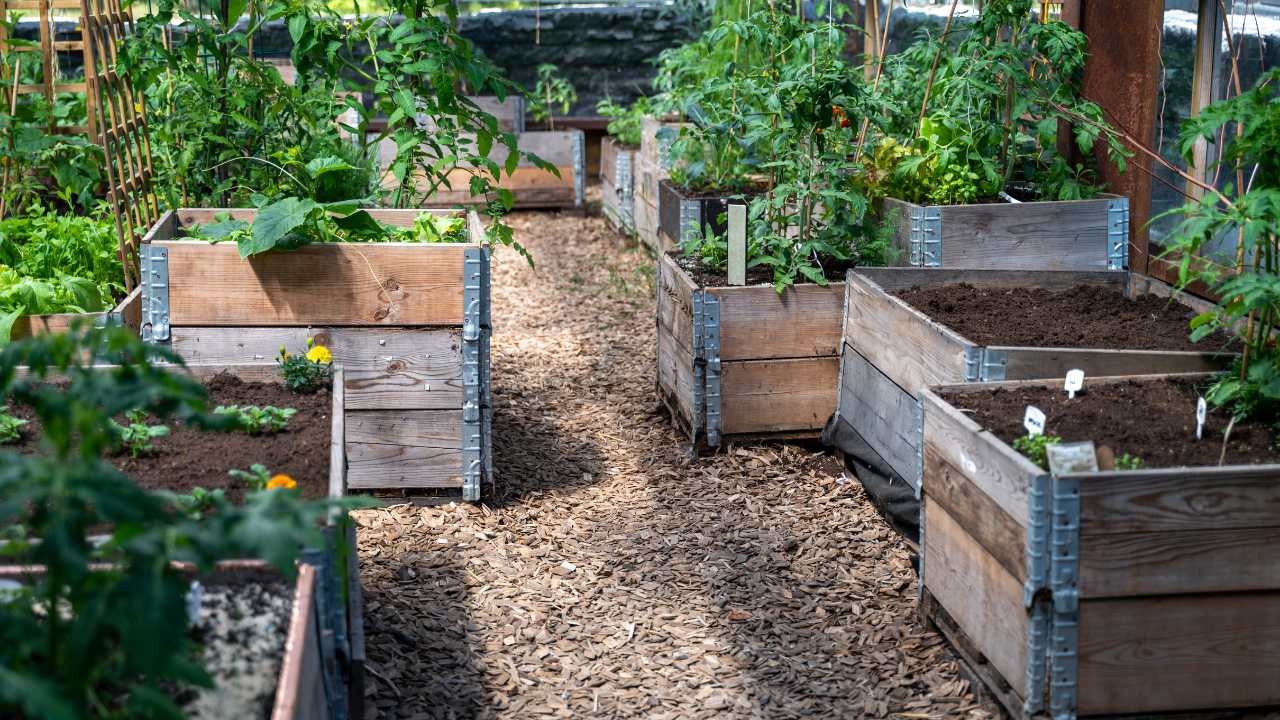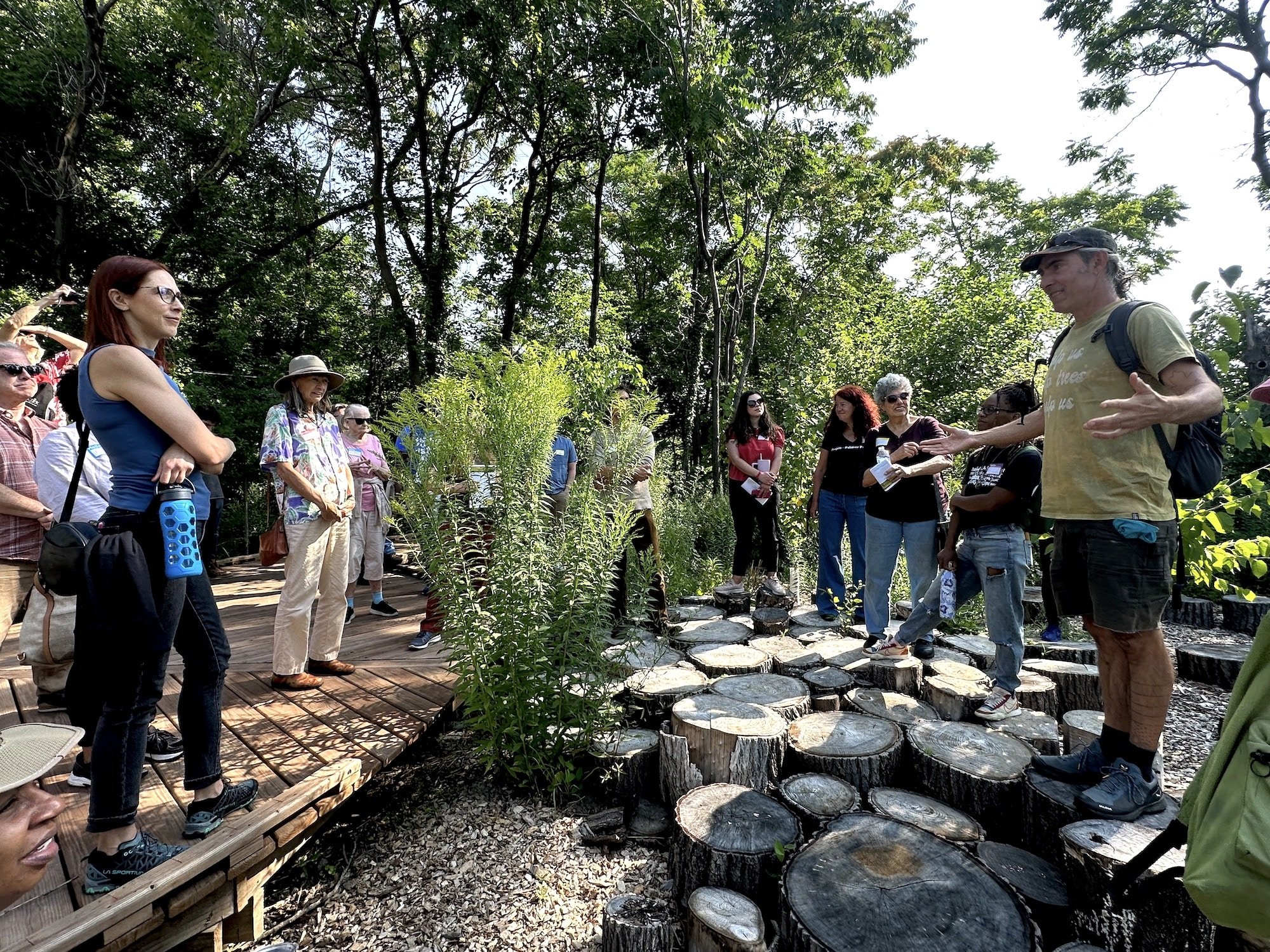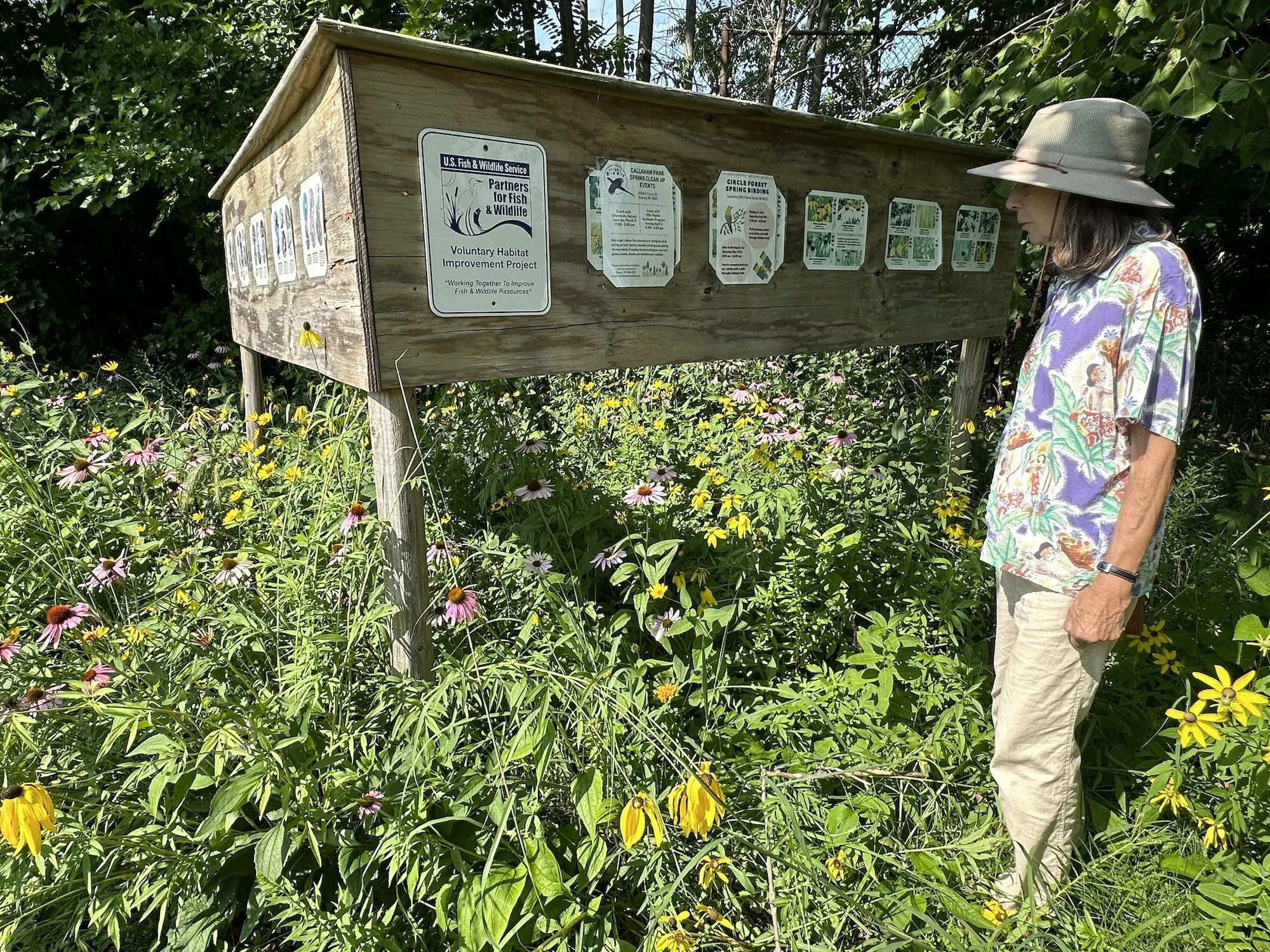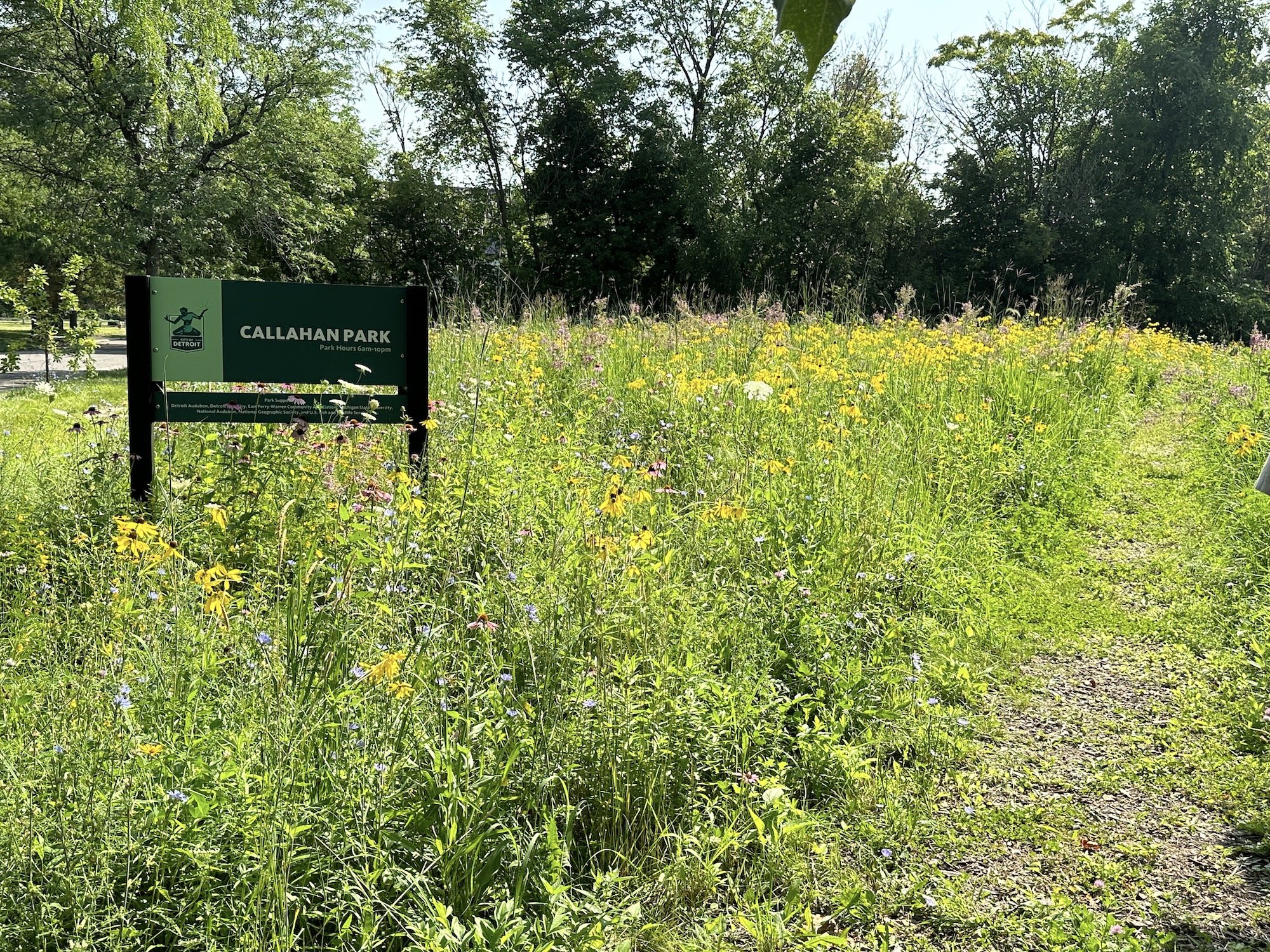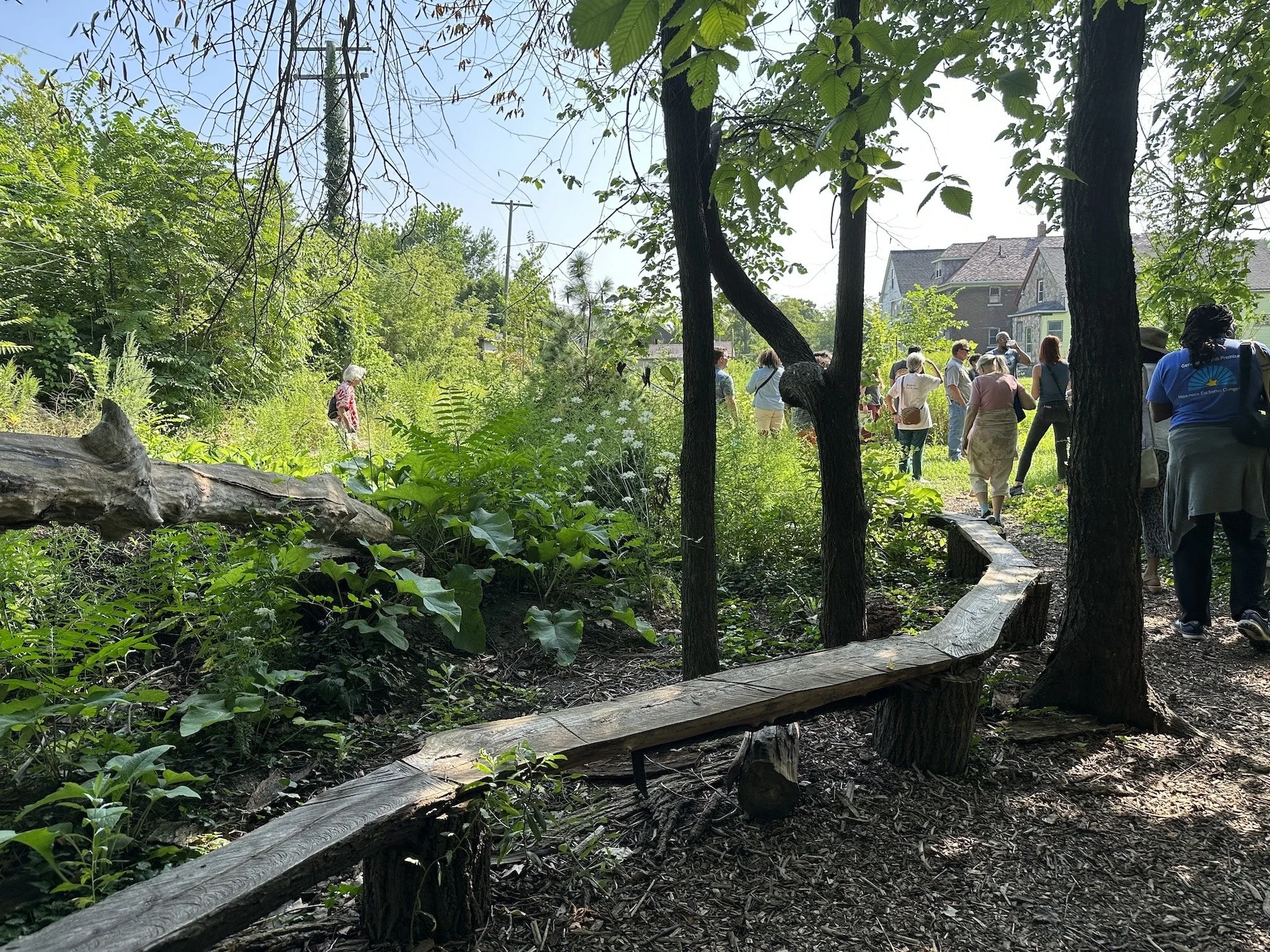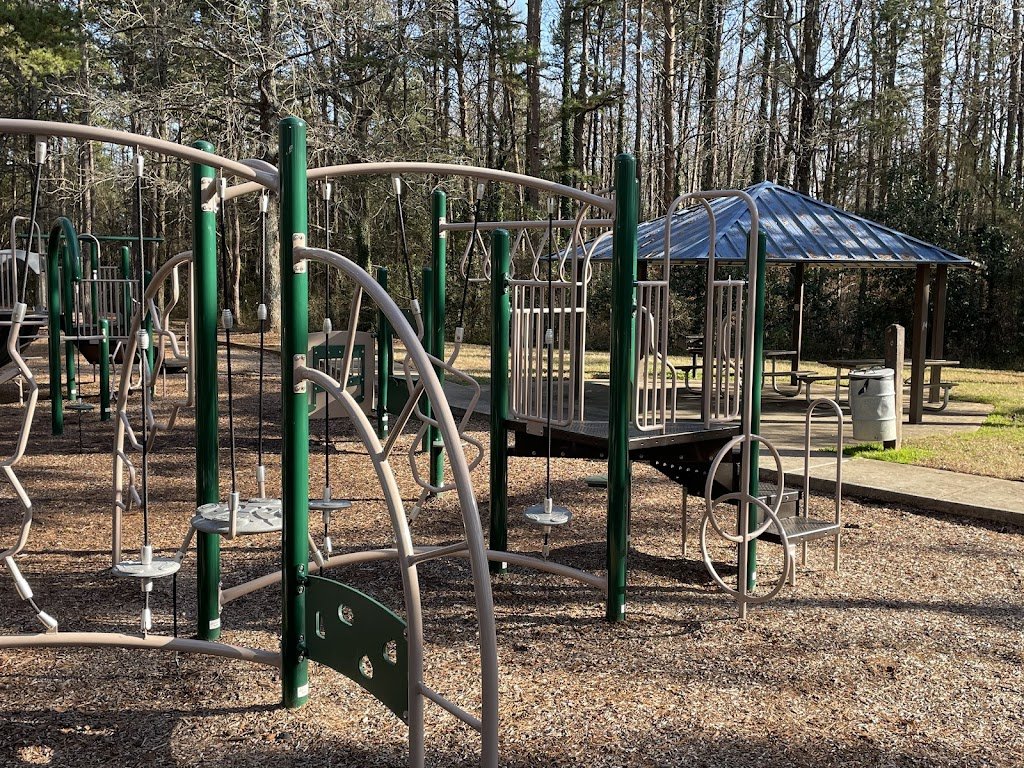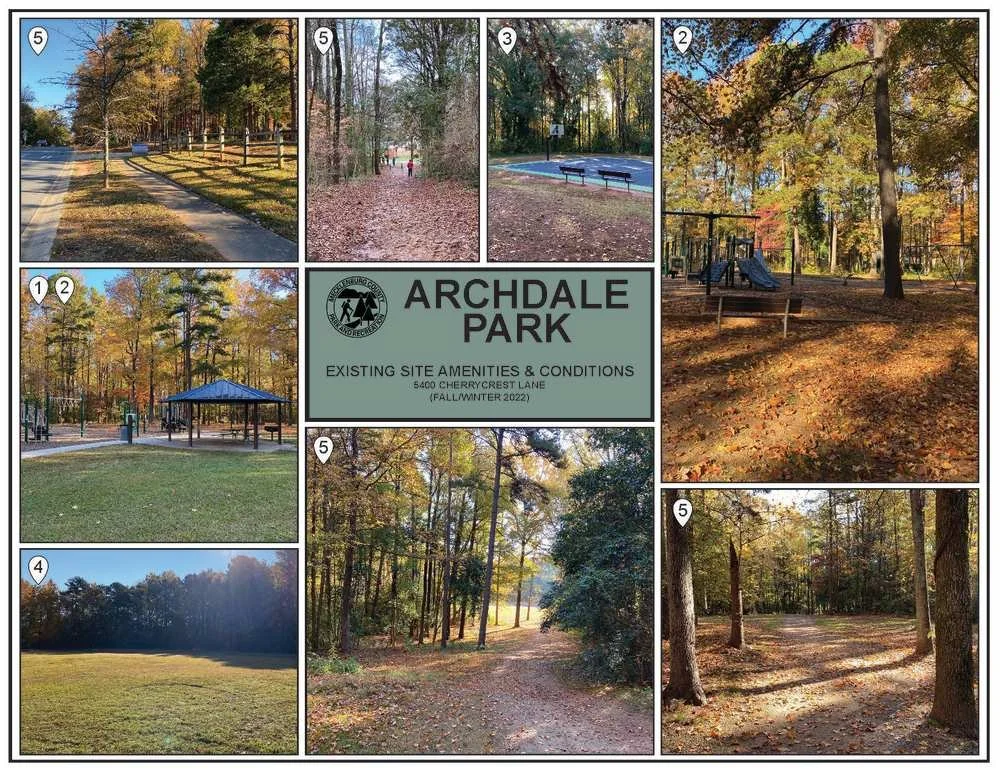Equity In Public Spaces:
How Accessible Green Spaces and Welcoming Third Places Improve Quality of Life
Historic divestment in marginalized communities often creates a double burden: lack of access to resources and a built environment that doesn't meet community needs.
High-quality public spaces, planned with community voices at the forefront, can be powerful tools in promoting equity and improving public life. Imagine a park teeming with life, not just with lush greenery but also with community gardens, a public library branch, and a recreation center. This isn't just a pleasant picture; it's a blueprint for public spaces that foster well-being, social interaction, and economic opportunity in often underserved neighborhoods.
Research reinforces this vision. A report by Reimagining the Civic Commons, co-authored by Alexa Bush and George Abbott, highlights the connection between public spaces and increased quality of life: Want Equity and Prosperity? Invest in Urban Public Spaces, Reimagining the Civic Commons. They point to successful initiatives in cities like Detroit and Memphis, where investments in parks and community centers have revitalized long-neglected neighborhoods.
Civility Localized recognizes the power of public spaces as catalysts for civic engagement. Just like well-maintained parks and libraries can bring people together from all walks of life, robust community engagement in the public planning process fosters a sense of shared purpose. By providing welcoming and inclusive engagement opportunities, Civility Localized breaks down barriers and encourages residents to connect with neighbors and government leaders. This builds the social capital needed for collective action and a more vibrant democracy.
Public spaces designed with community input prioritize several key aspects:
Community Voice: Residents must be active participants in the planning process. Their needs, desires, and cultural preferences should shape the design and functionality of the space. This is why Civility Localized espouses an “Engagement First” ethos. We specialize in reaching communities where they are and communicating their vision to local governments.
Sustainability: Public spaces should be designed with long-term use in mind. This includes incorporating eco-friendly elements like rain gardens and native plants, reducing maintenance costs, and creating health-supporting environmental conditions.
Equity and Inclusion: Accessibility is paramount. The space should be welcoming to people of all abilities, with features like ramps, clear pathways, and designated seating areas. Additionally, programming and events should cater to the diverse interests of the community. This accessibility starts during the community engagement phase of any public project, and at Civility Localized we prioritize reducing barriers to participation from the beginning.
By focusing on these principles, public spaces become hubs for social interaction, education, and economic activity. Community gardens provide fresh produce and opportunities for learning life skills. Public libraries offer free access to technology and educational resources. Recreation centers host classes, programs, and events to meet community needs.
In 2023, Civility Localized conducted community engagement with the county of Mecklenburg during phase one of the revitalization of Archdale Park on Charlotte's south side. As community engagement consultants, our firm played a key role in facilitating public input. Our inclusive, engagement-first approach ensured residents were heard at the very outset of the planning process. This commitment to inclusive engagement helped shape the park's redesign to reflect the needs of the community it serves. We know that having a say in the development process of one’s neighborhood fosters a stronger sense of ownership, appreciation, and empowerment for communities growing with dignity. Ensuring that a revitalized Archdale Park becomes a true hub for the Archdale neighborhood was just one example of how Civility Localized enhances community engagement capacity for local government entities.
Things to Remember
Investing in high-quality public spaces isn't a luxury; it's vital to the future of all communities.
Prioritizing the needs of all residents creates vibrant, inclusive spaces that empower people, strengthen neighborhoods, and pave the way for brighter futures.
Is your community working with local government to design public spaces? Consider reaching out to community engagement experts like Civility Localized for a consultation to see how inclusive community engagement strategies can yield robust, community-driven results in urban planning.


